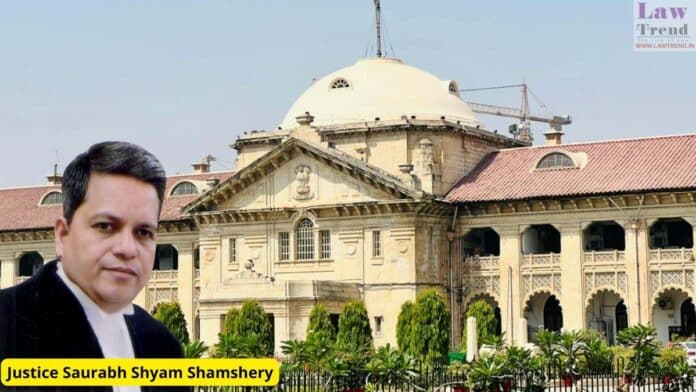The High Court of Judicature at Allahabad dismissed a writ petition filed by a law student who sought the re-evaluation of her LLB First Semester answer sheets to be awarded 499 out of 500 marks. Justice Saurabh Shyam Shamshery dismissed the petition, imposing a cost of Rs. 20,000 on the petitioner, and reaffirmed the settled
To Read More Please Subscribe to VIP Membership for Unlimited Access to All the Articles, Download Available Copies of Judgments/Order, Acess to Central/State Bare Acts, Advertisement Free Content, Access to More than 4000 Legal Drafts( Readymade Editable Formats of Suits, Petitions, Writs, Legal Notices, Divorce Petitions, 138 Notices, Bail Applications etc.) in Hindi and English.




